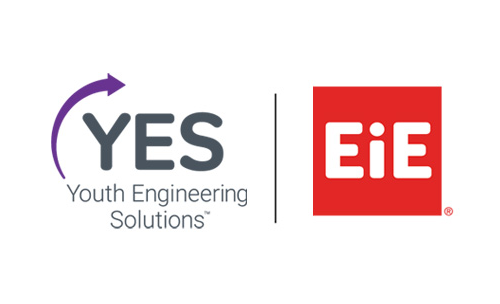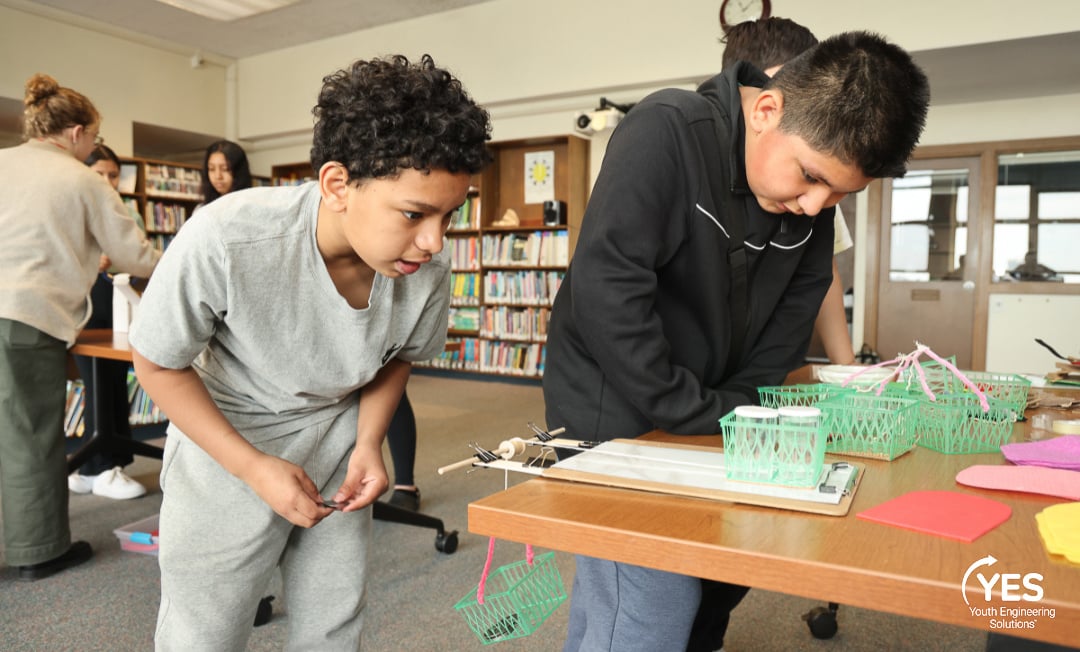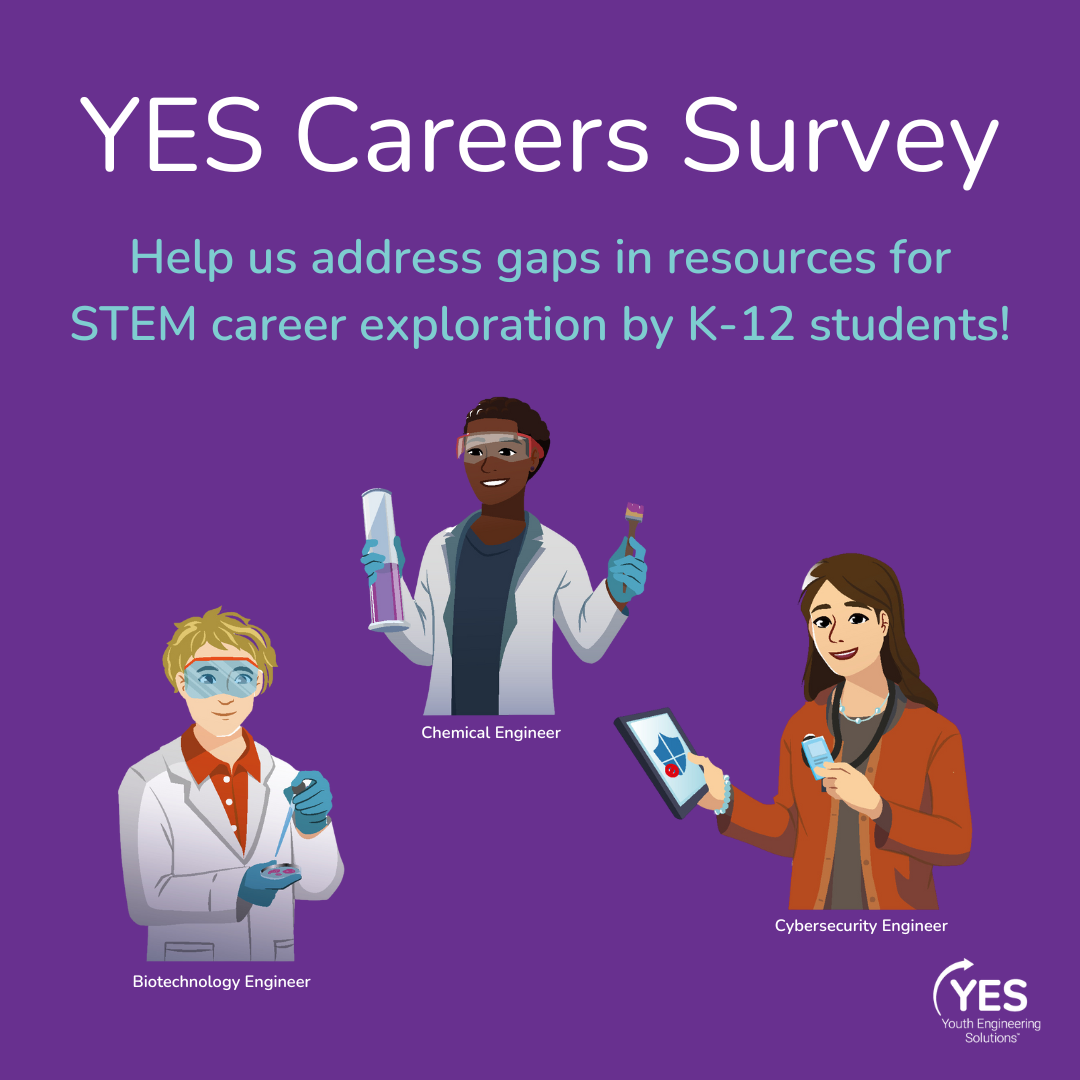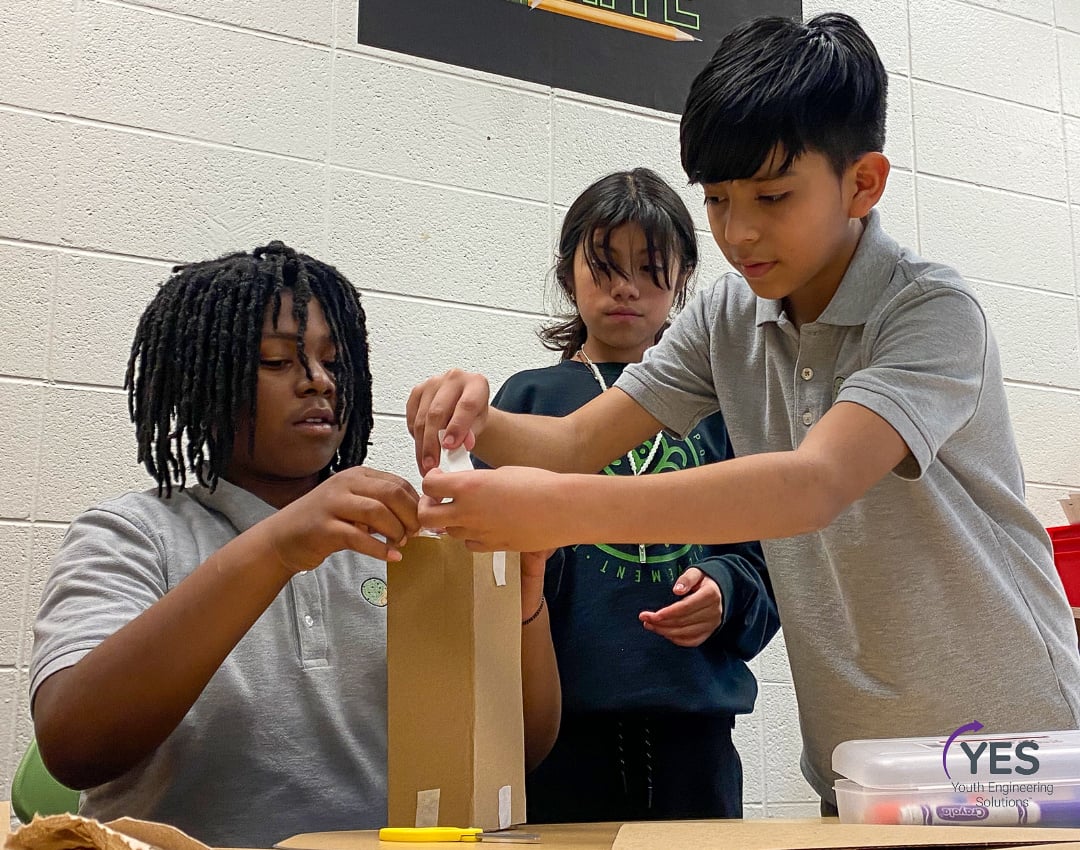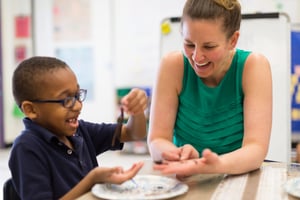 Do you want to learn how to channel young learners’ curiosity and creativity into structured problem solving? It’s a common misconception (and fear) that in order to implement and teach engineering at the early childhood level, you need to to be an expert. That is not the case! You just need to be passionate, curious, and willing to become a facilitator of student learning and growth. Watch our recent edWeb webinar.
Do you want to learn how to channel young learners’ curiosity and creativity into structured problem solving? It’s a common misconception (and fear) that in order to implement and teach engineering at the early childhood level, you need to to be an expert. That is not the case! You just need to be passionate, curious, and willing to become a facilitator of student learning and growth. Watch our recent edWeb webinar.
Director of Professional Development for EiE Nia Keith discusses research, tips and strategies for how engineering:
- Helps children develop important 21st century skills like critical thinking, collaborating, and persevering through failure
- Engages students in ways that align with their learning style so all students—including English learners, those students who have not flourished with more traditional instruction, and those who receive special education services—can thrive in the classroom
- Supports ongoing reflection in young problem solvers
- Promotes social-emotional learning, language acquisition, executive functioning and fine and gross motor skills development
You’ll learn ways to engage children in conversations that help to expand their curiosity and teach them that it’s OK to fail and try again. Anyone, even the youngest learners can think like an engineer. Watch and learn how you can empower young children to see themselves as problem solvers.
